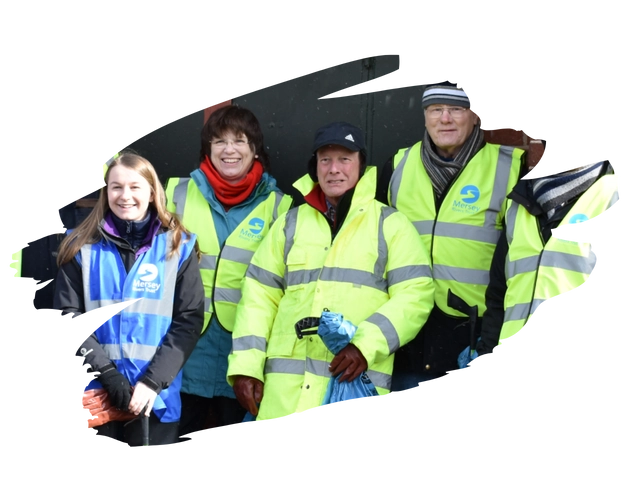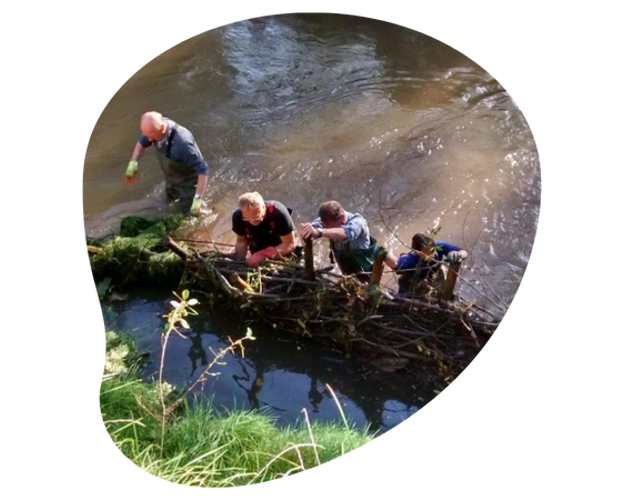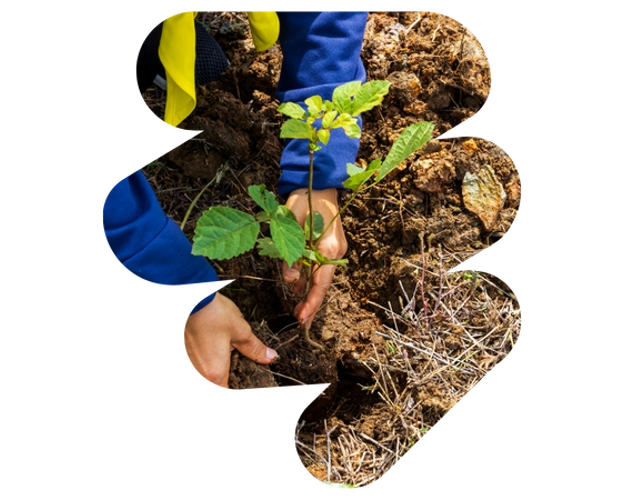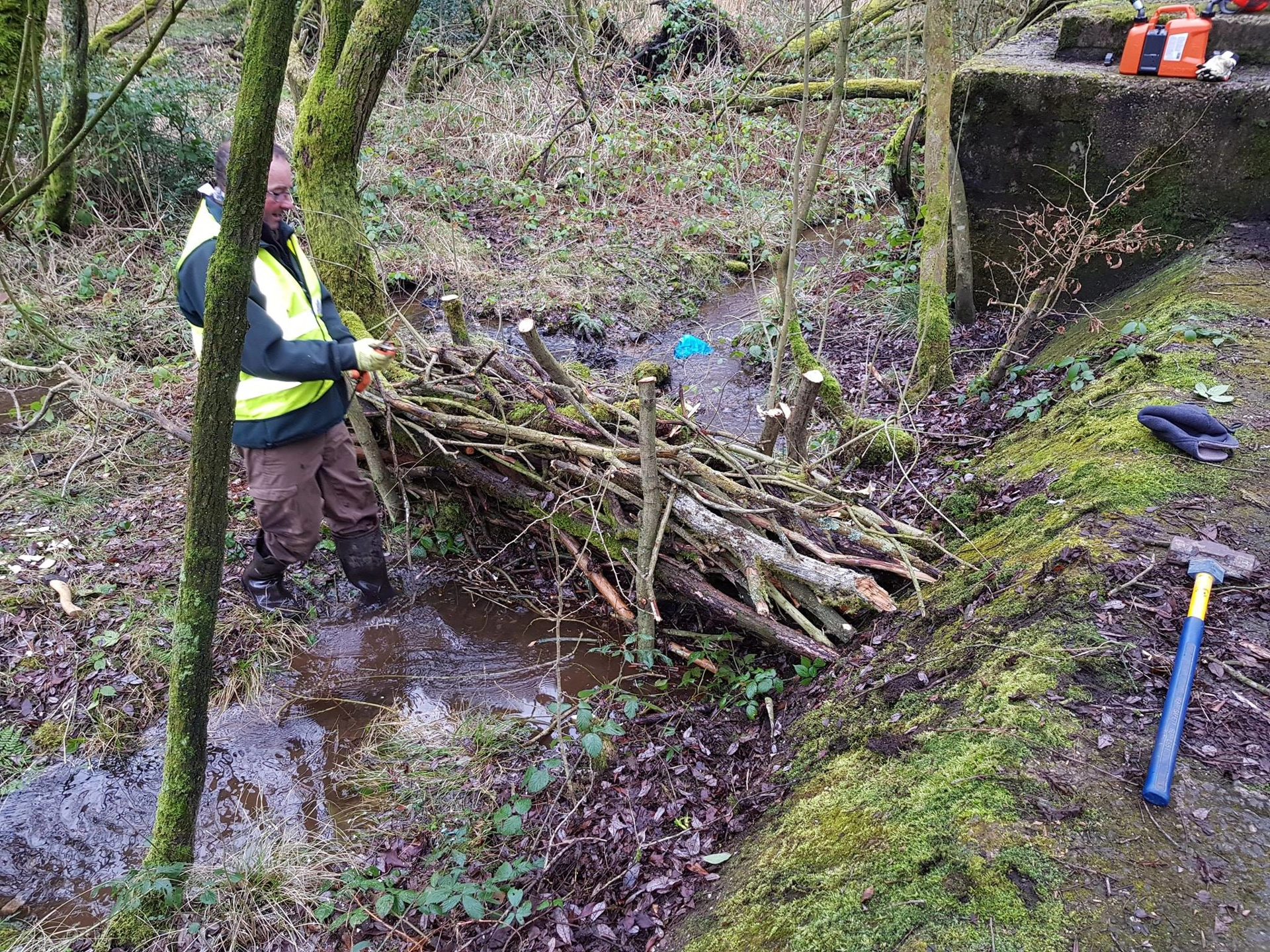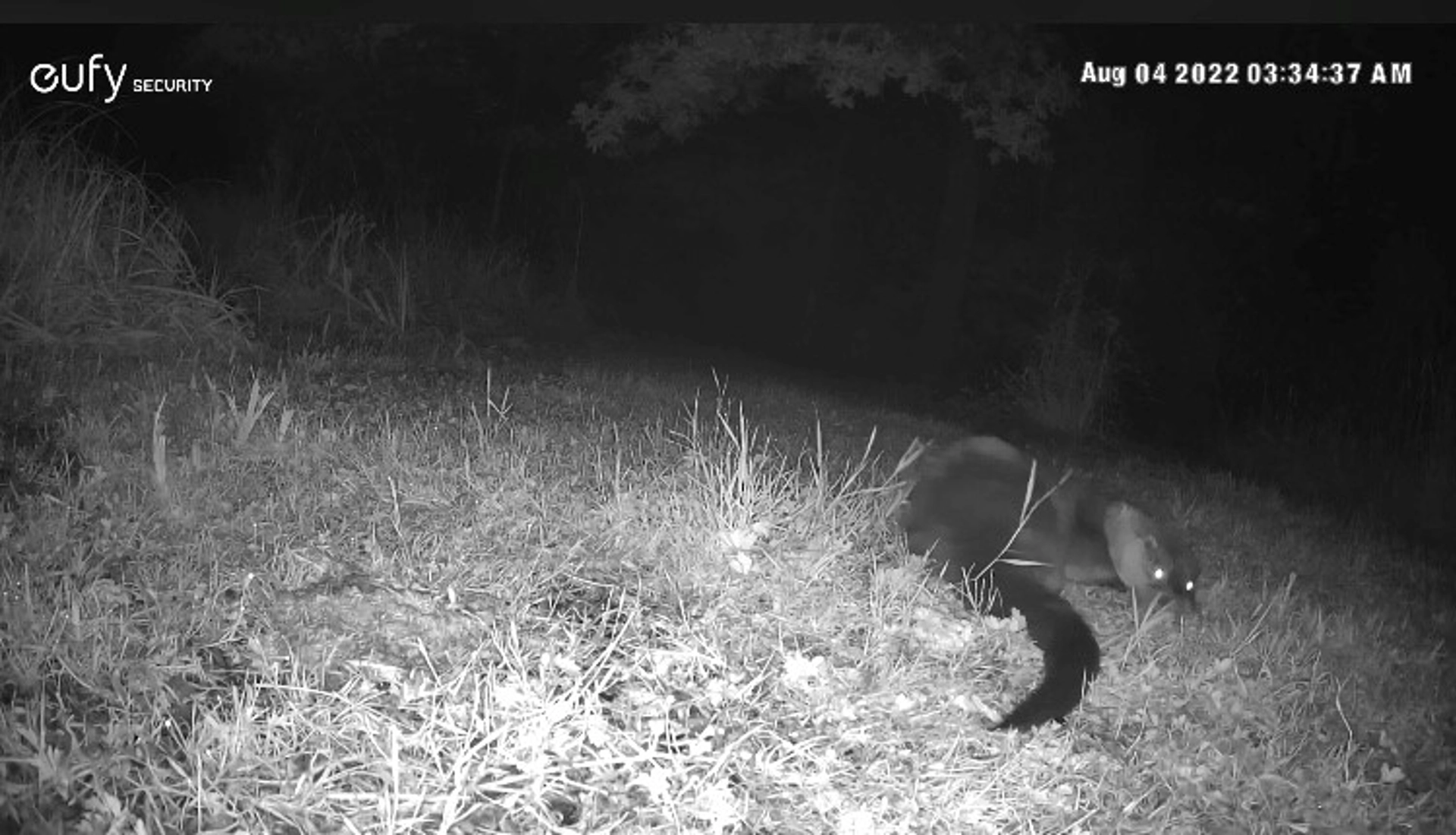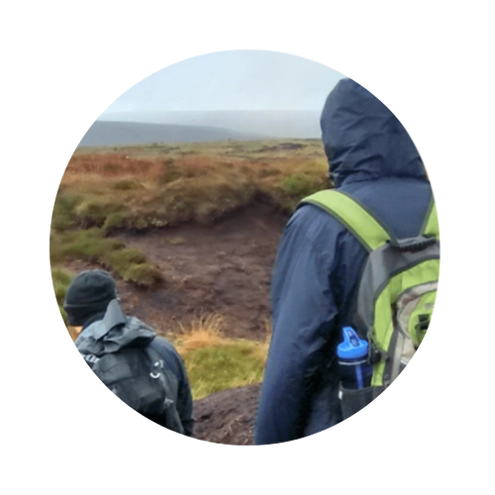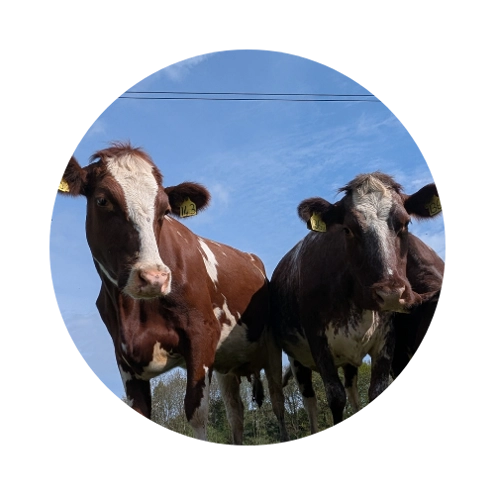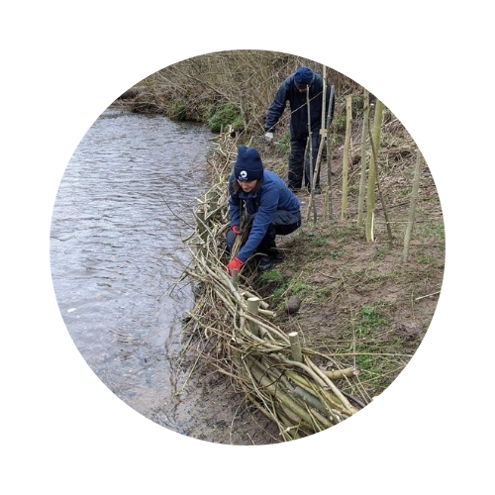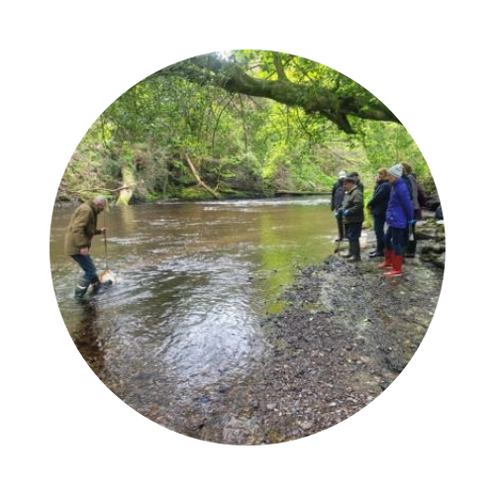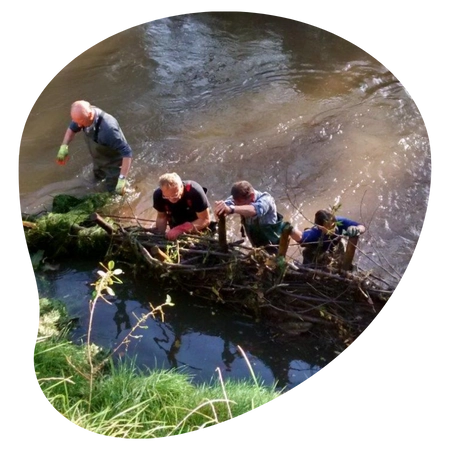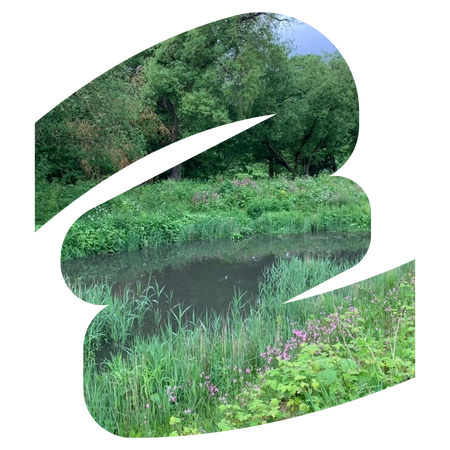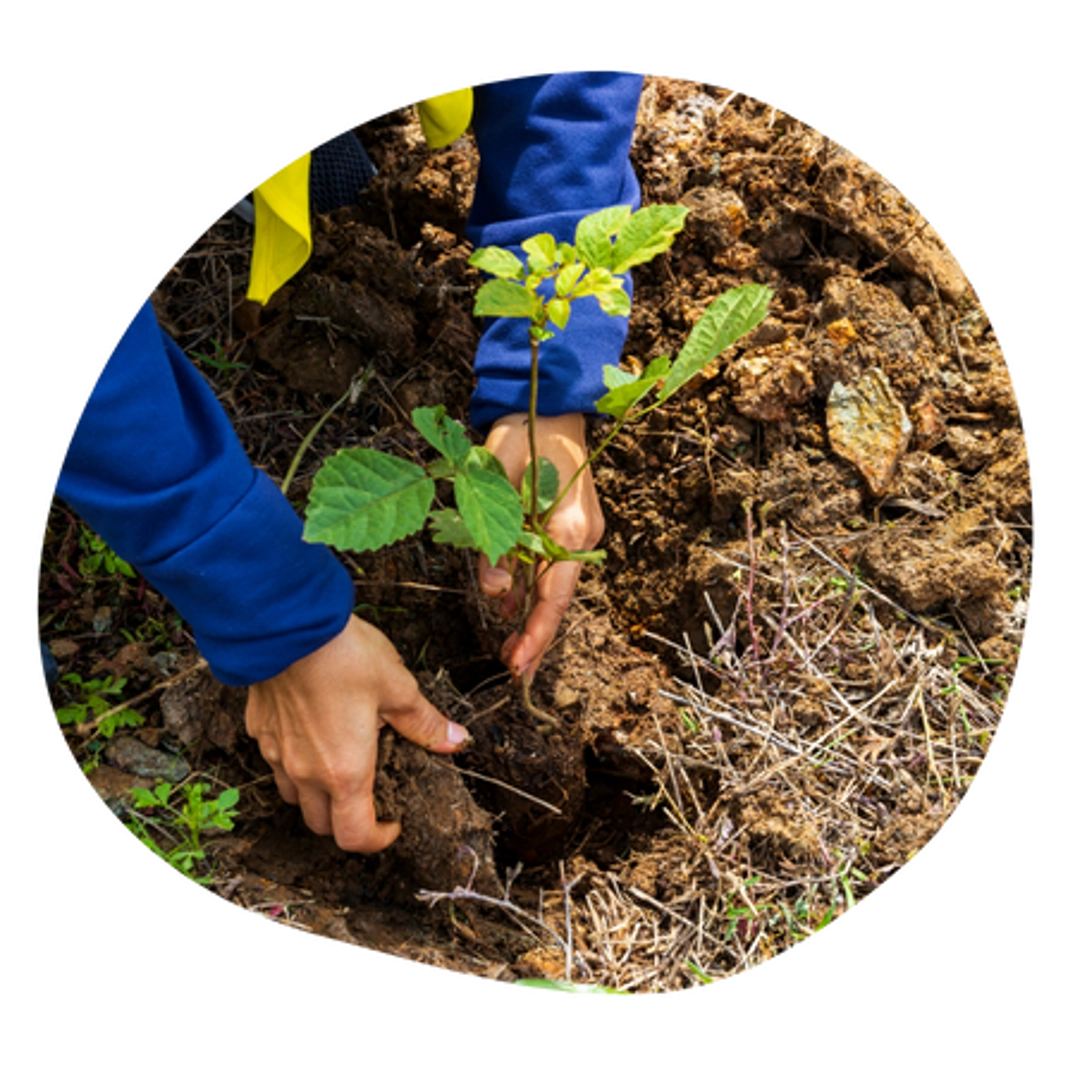Natural Flood Management

Education
Misconnections
If your plumbing is not properly connected, dirty water from showers, baths, toilets, washing machines and dishwashers could flow into your local stream or river. This is called a misconnection. Misconnections can cause water pollution and can happen when water-using appliances are not plumbed in correctly to the right pipe. This may occur when new houses are built, or when they are extended or when a new appliance is installed in any house.
Mersey Rivers Trust engages with the public to raise awareness of the impacts of misconnections on rivers, people and wildlife. We have created a misconnections leaflet explaining how the public can check their plumbing connections.
Call of Nature
Call of Nature is the campaign to prevent pollution in our rivers and watercourses caused by poorly maintained septic tanks and small package sewage treatment systems.
It may not be glamorous, but if septic tanks, cesspits and package sewage treatment systems are not looked after, they’ll start to fail. This means they’ll start to smell, spread disease to humans and animals, and pollute our local rivers and seas.
Public Engagement
We carry out visits to schools, community groups and attend various public events to explain how the public can play their part in protecting the river environment.
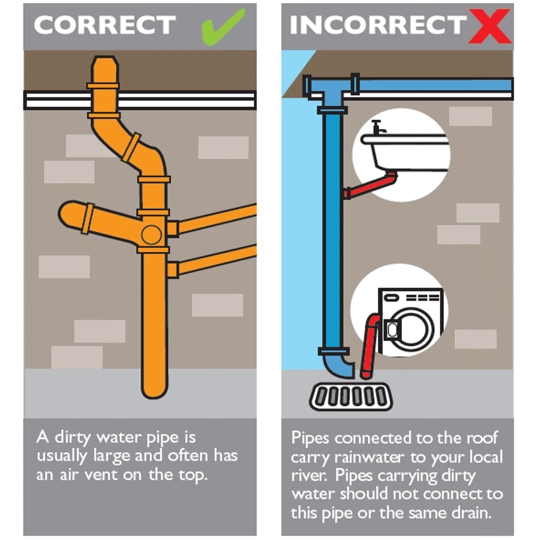

Fish pass/Weir removal
Dams and weirs
provide a barrier to fish migration up and down rivers. Fish ladders or bypasses provide a shallow, alternative route for fish either alongside the weir or as a separate channel diverting away from the main river.
Weir removal an alternative option
This is often the favoured option, however, not always possible, particularly if the weir is large or is used for harnessing hydroelectric power or the weir is used to carry pipes or forms part of river bank infrastructure,
Enhancing fish migration
Fish migration is part of the Water Framework Directive (WFD) and the presence of river barriers to migration affects the WFD ecological status of a watercourse. The Mersey Rivers Trust has a Fisheries Action Plan to work with partners to address river barriers to allow free migration of fish and allow the return of salmon and eel across our rivers.
